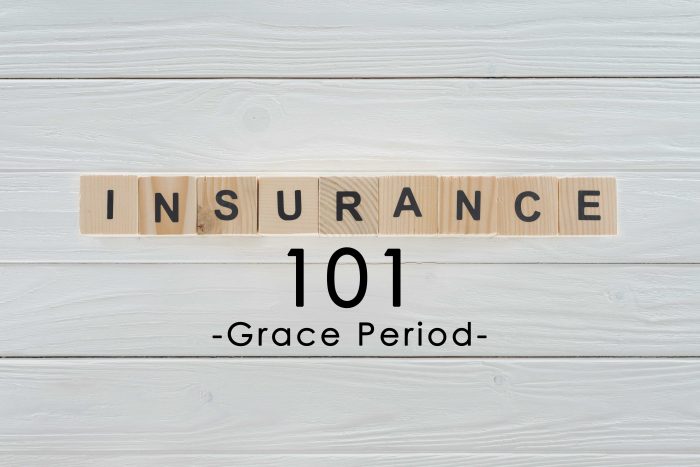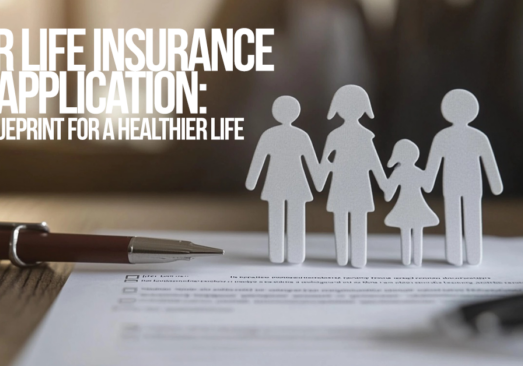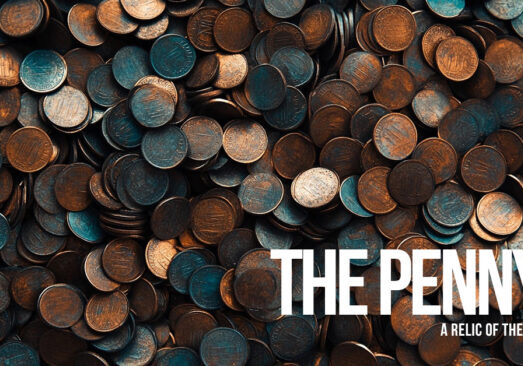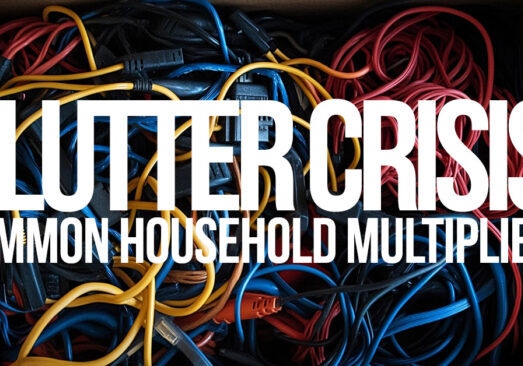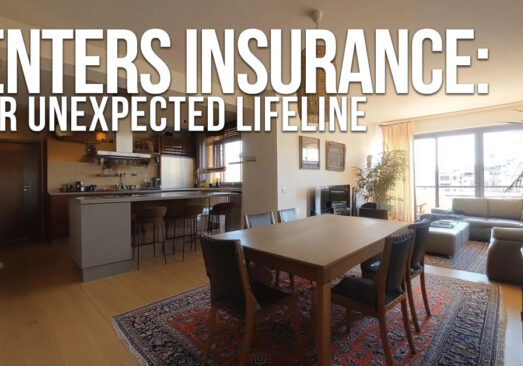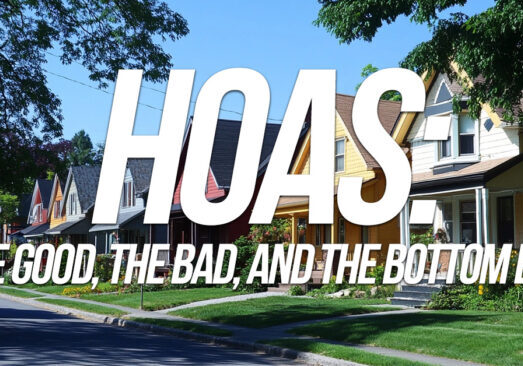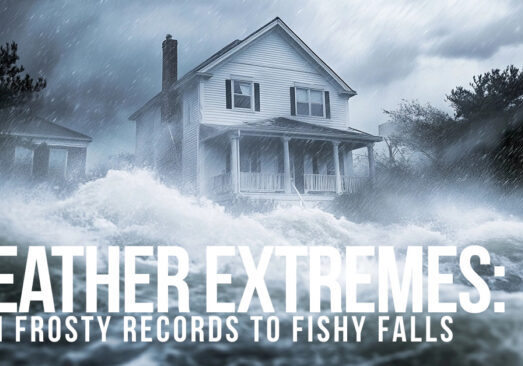Insurance Term of the Day: Grace Period
Insurance Term of the Day: Grace Period
For over a year, Jerry spent the majority of his time, energy, and resources as he tried to get his cabinet building business to take off. The business required more money than expected, and Jerry started to panic about having enough funds to pay his rent. Any late fees on rent would set him and his business back. His first client came just in time. Upon finishing the job, however, his client broke the news that she couldn’t pay until nearly a week after Jerry’s rent was due! He was compassionate but feared for the success of his business. With no other option, he went to his landlord and explained everything. His landlord graciously granted him an additional week without late fees. Jerry vowed to pay his rent on time every month thereafter to express his gratitude.
Has anyone ever been gracious to you in a way that makes you want to be better the next time around? Life has a funny way of testing us, and sometimes, our circumstances are out of our control. Insurance companies understand this, and sometimes, companies will offer you a grace period.
As you know, when you don’t pay your insurance premium, your insurance company will have no choice but to cancel your policy, leaving you without coverage. For the times when fate happens, or your memory fails you, call your independent insurance agent immediately to ask about the grace period on your policy.
The grace period is the amount of time you have after the due date to pay your premium to avoid a lapse in coverage. This length of time is regulated by each state, company, and type of policy. The grace period for your policy can be found within your contract. Regardless of the grace period, paying after your due date may result in a financial penalty or a late fee.
Beware! Some states allow insurance companies to drop coverage within as little as 24 hours after the due date.
Do not be mistaken by the grace period. If payment has not been made by the last day of the grace period, coverage is terminated, effective the day the payment was due. Any losses that occur during the grace period will not be covered if payment has not been made by the final day. In other words, the grace period does not provide coverage following a non-payment. A grace period is for unique, unforeseen circumstances that may prevent an on-time payment.
Insurance companies will drop your policy for non-payment. In some instances, they may allow you to reinstate your policy. To reinstate your policy, your insurance company may require you to:
- Have your home inspected to ensure there were no losses during coverage lapse
- Pay a larger down payment
- Pay your policy premium in full
- Sign a no-loss statement. Any unreported loss will likely be specifically excluded from the policy.
Having a policy cancel due to non-payment will likely result in insurance companies flagging you as being a high-risk to insure. If you are a high-risk customer, your insurance rates will likely increase dramatically.
If your insurance company is gracious enough to offer an extended grace period for payment, return the favor by avoiding the mistake of a late payment! Remember: it’s crucial for your own financial stability that you pay your insurance premiums on time!
Contact Us
Licensed in Colorado and Wyoming
1-719-233-6865
© Copyright 2024 Averill Insurance | All Rights Reserved
Site by ICA Agency Alliance
Licensed in Colorado and Wyoming
1-719-233-6865
© Copyright 2024 Averill Insurance | All Rights Reserved
Site by ICA Agency Alliance

